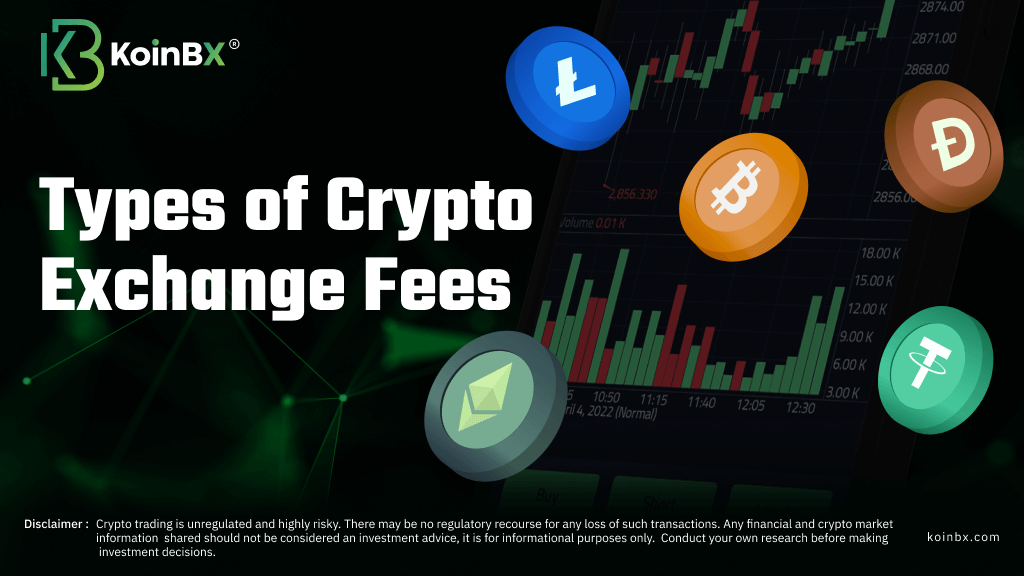Investing or trading in cryptos can be a wild ride, characterized by sudden rises, downs, and unexpected twists. But amid the wild ride, there’s one aspect that can sometimes trip you up: fees! Understanding crypto exchange fees is crucial if you want to maximize your investments and avoid unnecessary costs. So, let’s break it down together!
Types of Crypto Exchange Fees
When you start trading on a crypto exchange, you'll encounter several types of fees that you need to know. However fees can vary widely depending on the platform you choose. Here are the most common types of fees you’ll encounter.
Trading Fees
Trading fees are the bread and butter of exchange costs. These are the fees charged whenever you buy or sell crypto asset on the platform. Exchanges usually have two types of trading fees: fixed and variable. Fixed fees remain constant, while variable fees can change based on your trading volume or the overall market conditions. It’s essential to check how these fees are structured on your chosen exchange to avoid any surprises!
Deposit and Withdrawal Fees
First of all, When you’re getting ready to trade, you’ll need to deposit funds into your exchange account. Many exchanges charge a deposit fee, which can vary based on the payment method you choose. Withdrawal fees are equally important as they’re what you pay when withdraw your funds off the exchange. Always review these fees before making transactions, as they can impact your overall trading strategy.
Also Read: Different Order Types
Maker and Taker Fees
If you are a trader in the trading world, you’ll often hear about maker and taker fees. Maker fees are charged to users who create orders on the exchange’s order book. Basically, they’re adding liquidity to the market. On the other side, taker fees apply to users who place orders that match existing orders on the order book, taking liquidity out of the market. Understanding these concepts can help you optimize your trading strategies and save on fees.
Transaction Fees
Every time you make a trade, there’s a transaction fee involved in some exchanges. This fee is typically a small percentage of the transaction amount when transfering it from one wallet to another and is deducted from your total amount.
For instance, if you're transacting INR 50,000 worth of Bitcoin from one exchange's account to another exchange, your previous exchange could charge a fee of 0.1% on the entire sum you're transferring.
Miner Fees
If you’re dealing with blockchain transactions, you’ll encounter miner fees, especially when transferring crypto to another wallet. These fees incentivize miners to include your transaction in the next block and can fluctuate based on network demand. So, if you’re in a hurry, be prepared to pay a higher fee to speed things up!
Final Thoughts
Understanding crypto exchange fees might seem discouraging at first, but with a little knowledge, you can walk on this landscape like a pro! By being aware of the different types of fees, trading, deposit and withdrawal, maker and taker, transaction, and miner fees, you’ll be better equipped to manage your trades and keep more of your crypto gains aligned on your track.
Remember, each exchange has its fee structure, so always do your own research before jumping in. With this guide in hand, you’re ready to tackle the exciting world of crypto trading with confidence.
Download KoinBX Android App | Download KoinBX iOS App
Disclaimer: Any financial and crypto market information shared should not be considered investment advice. It is for informational purposes only. Conduct your own research before making investment decisions. Crypto trading is unregulated and highly risky. There may be no regulatory recourse for any loss of such transactions






Comments